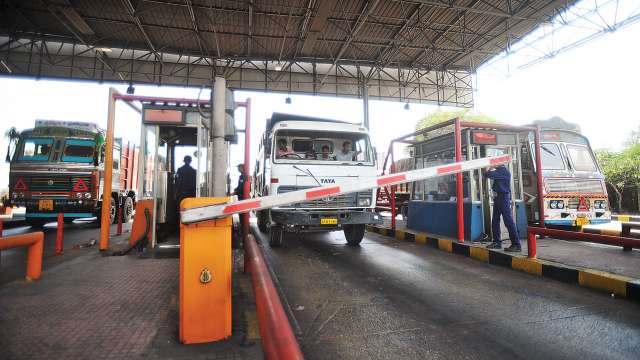Business
Lenders drag road developers to NCLT, push for asset sales

Around 15% of the total operational build-operate-transfer (BOT) road assets are struggling due to mismatch in cash flows, leading to issues with the servicing of debt, according to Rajeshwar Burla, assistant vice-president – associate head, Icra Ratings. In the last few months, lenders have taken some road asset special purpose vehicles to National Company Law Tribunal (NCLT), and in certain cases they have initiated process for sales to recover money from the defaulting road developers. Recently, Oriental Bank of Commerce had pressed for insolvency proceedings against L&T Halol Shamlaji Tollway Ltd, a special purpose vehicle of L&T Infrastructure Development Projects at NCLT’s Chennai Bench. Earlier this month, L&T Halol Shamlaji Tollway informed the NCLT that its debt has been restructured and is being timely serviced. An order is awaited in this case. “Asset sale transactions in the recent past are also driven by lenders. In 2018, three assets were sold through substitution route. Of these, one was initiated by the lenders (classified as non-performing asset) as a distressed asset sale and two were initiated by the concessionaire through harmonious substitution,” Burla said. Some of the assets on the block currently are available through substitution at attractive valuations, and hence investors prefer this route. According to an industry player, a few assets or special purpose vehicles are likely to be put on the block in the near future as several road projects are under stress with mismatch in revenues and debt payments. “The total quantum of loans not getting serviced and stressed plants in the power sector is much higher. But the public sector banks are under pressure due to multiple factors and in different sectors. For such lenders, it is important to initiate proceedings against the defaulting SPV or concessionaire,” said a Mumbai-based analyst. On the other hand, some developers with a weak credit profile, have disposed of their assets at a loss as liquidity took precedence over revenues





























